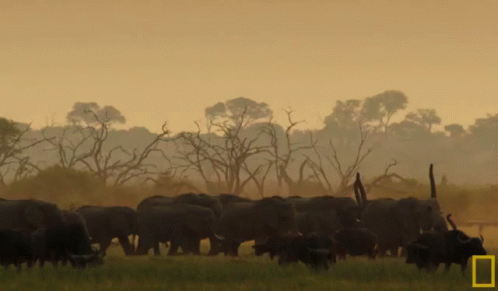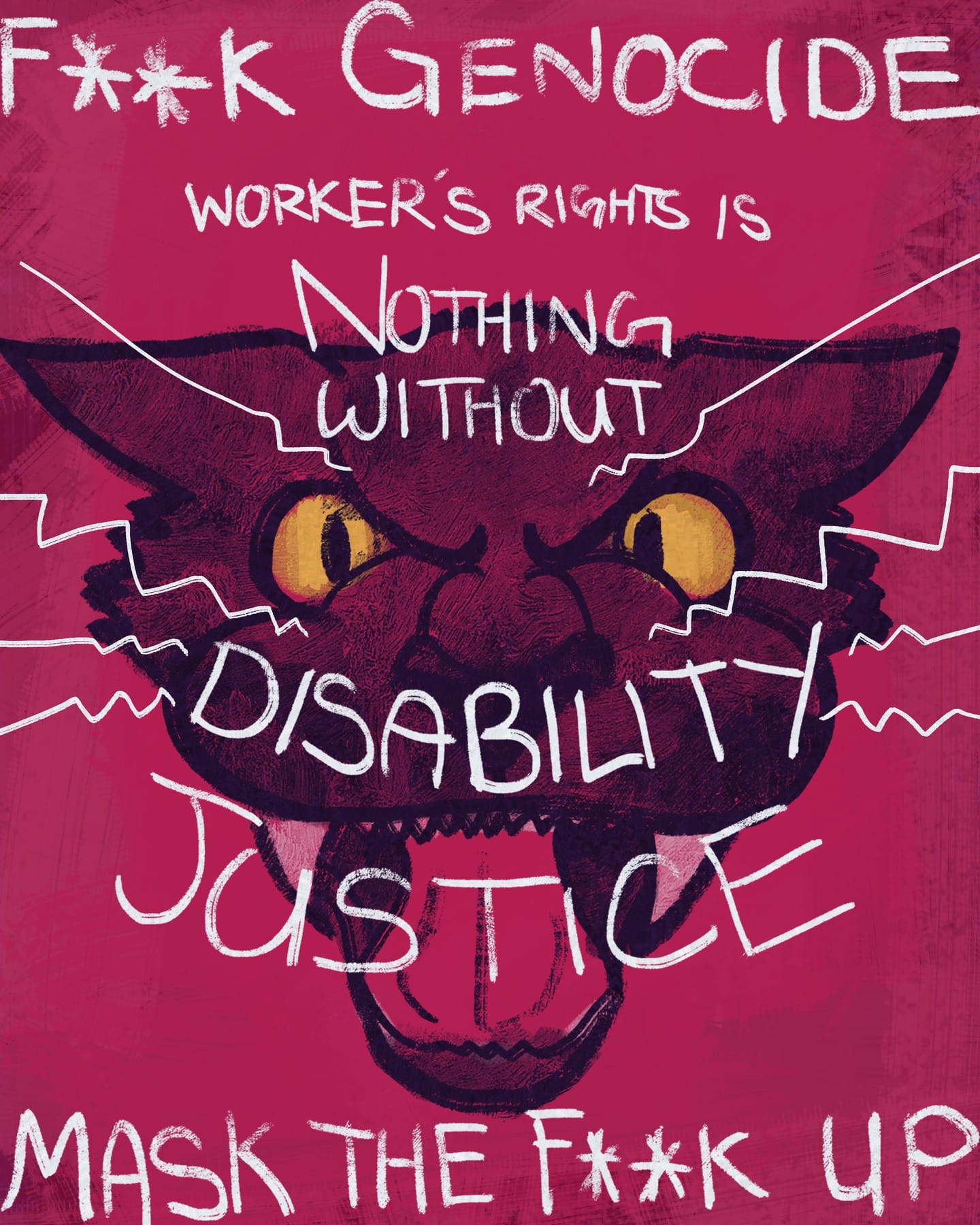To value leaving no one behind
'Disability' is value neutral.[1] 'Disability' is not a sign of damage but an explanation of how a person functions and the help they need to function— and even then, functioning labels are inaccurate obstacles that imply conditional societal acceptance.[2] 'Disability' is something we will all experience, and so accessiblity is something we all need.
What this value means to me:
- Masking up indoors because there is no accessibility without the solidarity of masking, especially after 2020, especially in organising spaces. It is so deeply unserious to agree that collective action is critical to surviving the coming years, yet continue to organise in and towards mass disabling events. One of the main reasons people don't have support networks now is because they have been abandoned by their friends and communities for still taking pandemics seriously, or for being disabled by it.
- Feeling no shame for being disabled in a world that actively disables people by failing to accommodate their realities. Using the words 'disabled' and 'neurodivergent' and refusing to use euphemisms like 'differently abled' or 'neurospicy' to mask discomfort with diverse bodies and brains.
- Rejecting ableism, fatphobia, and all narratives that frame the disabled as biologically destined to be lesser than neurotypicals. Inviting others to recognise that God is discoverable in the different,[3] and to pretending otherwise is to betray divine possibilities.
- Making zines to break up gatekeeping and screentime.
- Learning more about crip time, Autistic culture, different ways of learning and digesting information.
- Imagining disabled and neurodivergent people growing up, living full lives in the world and in fiction, co-creating the future, and revolutions, even from our beds.

Deaf and disabled activist Jessica Kellgren-Fozard, 10 May 2023 https://www.instagram.com/reel/CsEVXrRrWRj ↩︎
From my notes after Devon Price, Unmasking Autism: Discovering The New Faces of Neurodiversity (2022) ↩︎
Disabled and trans Anglican priest Rachel Mann writes, "... God has always been bigger, freer, and more capable of embracing difference than our safe human categories usually allow. If we are all bearers of the image of God, then we make fools of ourselves when we try to make that image overly determined and safe." See Rachel Mann, Dazzling Darkness: Gender, Sexuality, Illness and God (2012) ↩︎

